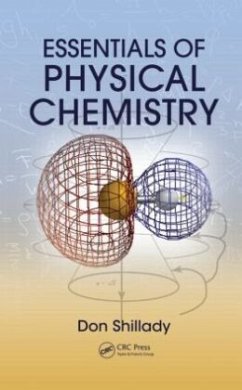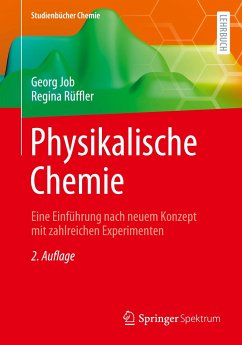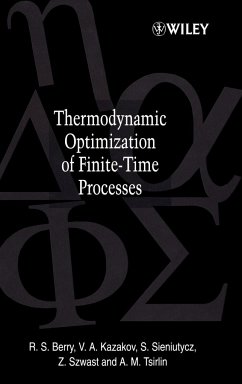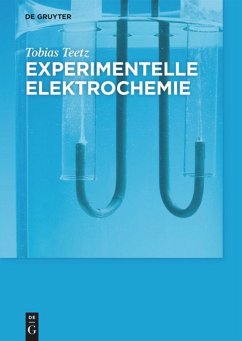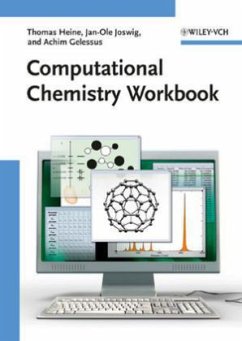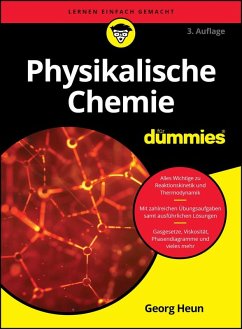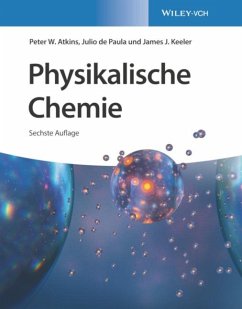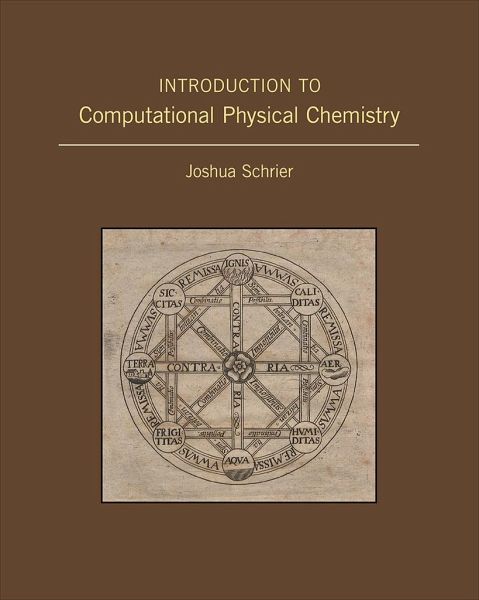
Introduction to Computational Physical Chemistry
Versandkostenfrei!
Versandfertig in über 4 Wochen
75,99 €
inkl. MwSt.

PAYBACK Punkte
38 °P sammeln!
This book will revolutionize the way physical chemistry is taught by bridging the gap between the traditional "solve a bunch of equations for a very simple model" approach and the computational methods that are used to solve research problems. While some recent textbooks include exercises using pre-packaged Hartree-Fock/DFT calculations, this is largely limited to giving students a proverbial black box. The DIY (do-it-yourself) approach taken in this book helps student gain understanding by building their own simulations from scratch. The reader of this book should come away with the ability t...
This book will revolutionize the way physical chemistry is taught by bridging the gap between the traditional "solve a bunch of equations for a very simple model" approach and the computational methods that are used to solve research problems. While some recent textbooks include exercises using pre-packaged Hartree-Fock/DFT calculations, this is largely limited to giving students a proverbial black box. The DIY (do-it-yourself) approach taken in this book helps student gain understanding by building their own simulations from scratch. The reader of this book should come away with the ability to apply and adapt these techniques in computational chemistry to his or her own research problems, and have an enhanced ability to critically evaluate other computational results. This book is mainly intended to be used in conjunction with an existing physical chemistry text, but it is also well suited as a stand-alone text for upper level undergraduate or intro graduate computational chemistry courses.




